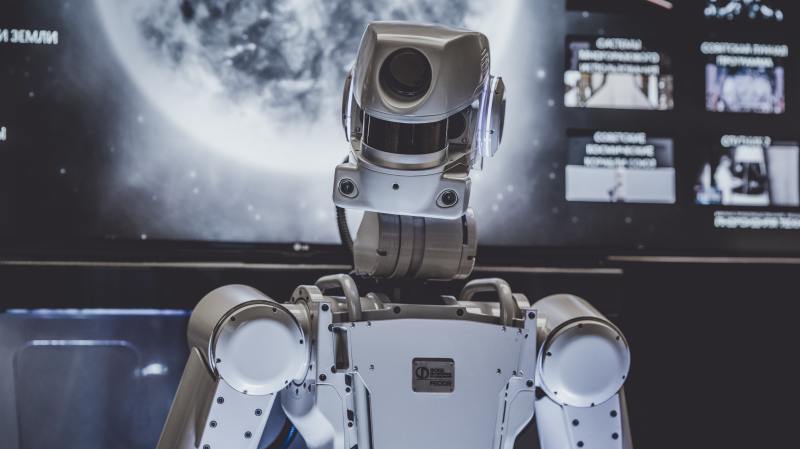
Some of the most sacred ceremonies in Hinduism are now being performed by robots, but some devotees are unhappy about the development. However, some devotees and pastors believe the innovations will eventually develop society.
Robots Include in Hindu Rituals
Study Finds stated that a technology company in India developed a robotic arm in 2017 to perform the "aarti." It is a ceremony in which a devotee brings an oil lamp to a god to represent the lifting of a veil of darkness. The Ganpati festival is an annual event attracting millions to Pune in central India. During this festival, an icon of Ganesha, the God with the head of an elephant, is carried through the streets in a procession and then submerged in the Mula-Mutha river. It was revealed during this event.
Since then, that particular robotic aarti arm has been the basis for many prototypes. Some of those prototypes continue regularly performing the ritual in various parts of India. In contrast, others serve as the basis for other religious robots across East and South Asia. Even in modern times, robotic rites in Kerala, located on the southern coast of India, feature an animatronic temple elephant.
Yet, the use of religious robots in this way has sparked growing arguments over the role that artificial intelligence and robotic technology should play in devotion and worship. Others are concerned that using robots to replace practitioners is an ominous sign for the future. In contrast, others believe that robots represent a new horizon in human innovation that will lead to the betterment of society. Some devotees and priests believe this will lead to the advancement of society.
Moreover, The Institution of Engineering and Technology reported that an employee of Patil Automation explained that the robot was more of a "decoration" than anything else and that its primary purpose was not to take the place of human workers. Professor Herman Tull of Lafayette College in Pennsylvania contended that the robot was not performing the "genuine thing" since the exercise was not just a physical but also a mental act.
Also Read:Rabbi Used AI to Write Sermon, Raising Questions About the Future of Religious Leadership
Robotics is Technology's Progression
According to Ynet News, Israeli robotics expert Professor Zvi Shiller, founding chair of the Israeli Robotics Association (IROB) and the director of the Laboratory for Robotics and Autonomous Vehicles at Ariel University, is urging his country to invest resources in the field of robotics in the same way that other first-world countries have. Professor Shiller gave a talk in which he discussed the significance of robotics, its repercussions for Israel, and how it has the potential to revolutionize the economy and industry of Israel.
The outlook for robots in the future is very positive. There is a lot of potential because there has been a significant increase in technological advancement in recent years. When people discover how robots can assist, they become addicted to them and want them more and more.
Technology has progressed to the point that robotics is now possible. Robotics began with the industrial revolution, which resolved the issue of people working long hours without adequate human conditions. This revolution indeed progressed into the development of robots in the early 1980s.
Related Article:Christian Author Explains How Over-Reliance On Technology May Undermine God's Supremacy In People's Lives


















